Marcin Rusak on taking molten metal to artful new extremes
With his new brand MRM, the London-based Polish designer experiments with metal manufacturing and collaborative processes
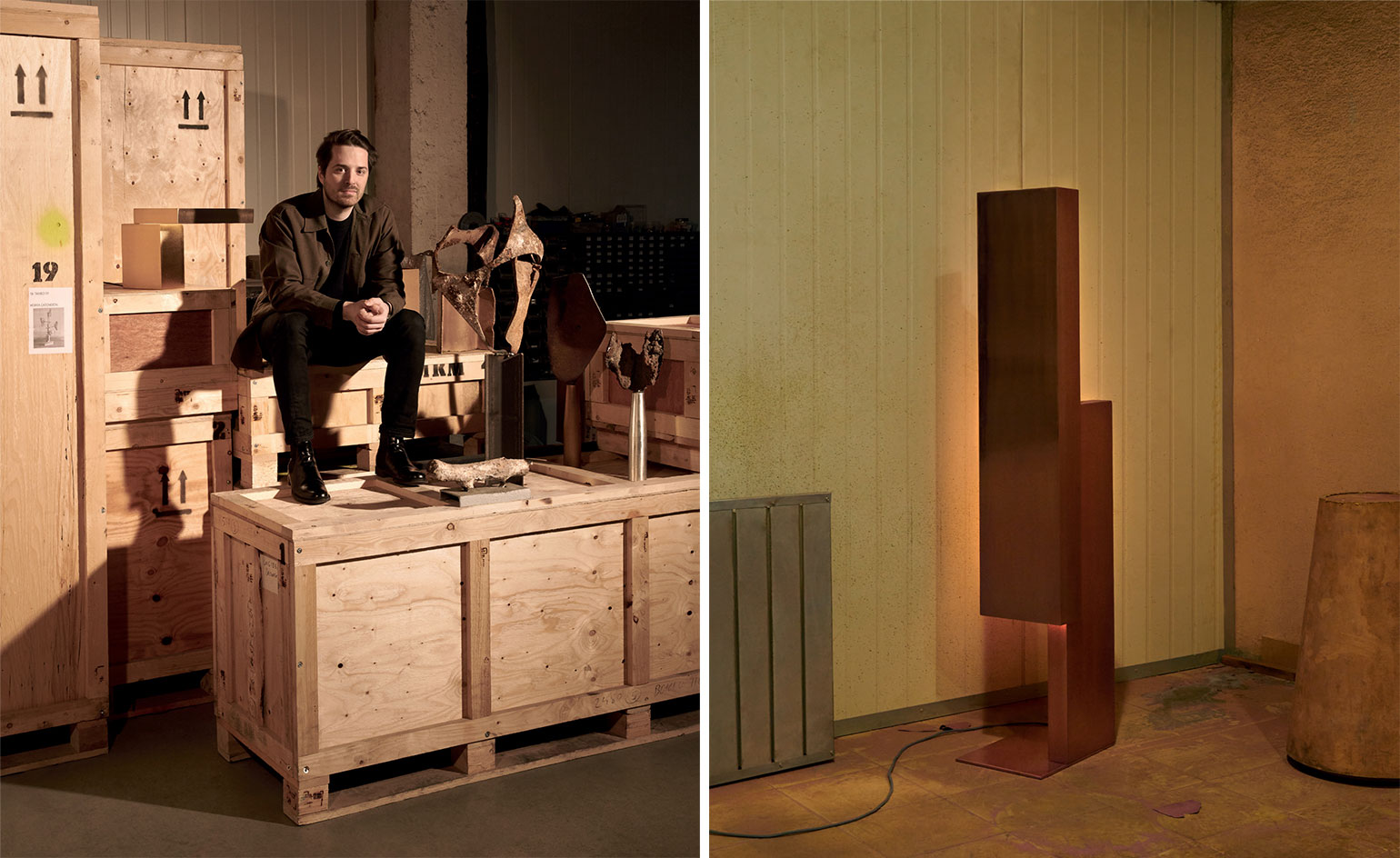
Since his graduation from London’s Royal College of Art in 2014, the London-based Polish designer Marcin Rusak has become known for his organic creations, inspired partly by his family’s flower business and a childhood spent playing in abandoned glasshouses. For his first collection, Flora, he created a unique material made of dried flowers and petals encased in dark resin, and used it to fashion vases, lamps and furniture.
Having perfected the technique, and experimented with materials such as glass and exotic leaves, Rusak is now branching out. Debuted at Brussels’ Collectible design fair in March, his newly founded brand MRM focuses on experimental metal manufacturing inspired by abstract painting. ‘I wanted to do something simpler, more minimal – to create pieces that would be contemporary and mix with vintage or modern design – but still very much based on process,’ Rusak says.
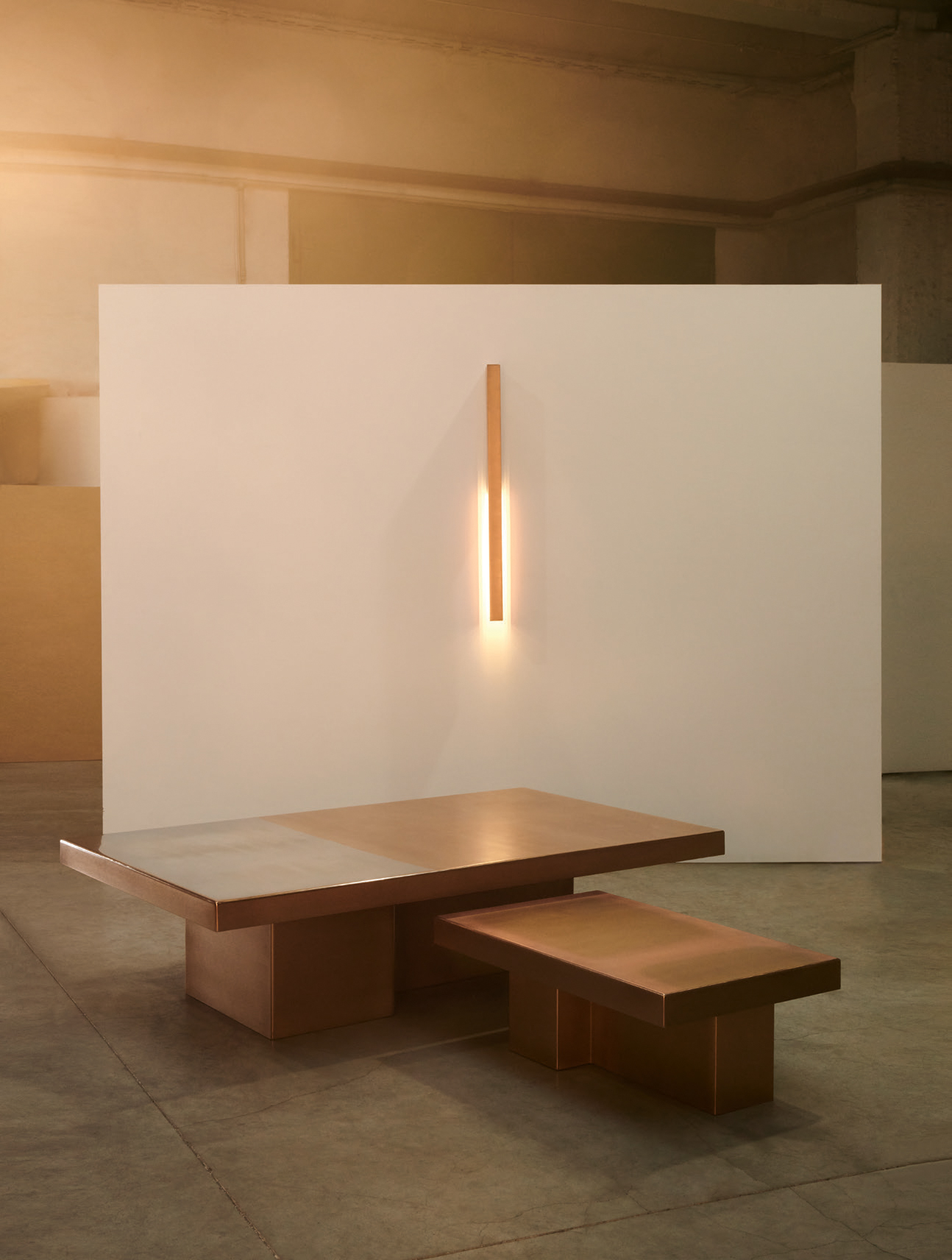
‘Truly Truly 90-1’ wall lamp, prototype, by Studio Truly Truly; ’80-1’ coffee table, £5,190; ’80-2’ coffee table, £4,430; both by Marcin Rusak, all for MRM.
While working on lighting pieces for his Flora series, he came across a technique called thermal-coating, originally developed by the steel manufacturing industry to add a protective, anti-corrosive layer to the metal. A machine – ‘a welder on steroids’, as Rusak dubs it – liquefies metal at 4,000 degrees and shoots it onto a surface, offering the potential to create what he calls ‘painterly furniture’. He started out with simple experiments, using the technique to apply molten metals such as bronze, brass, copper and aluminium to the flat surfaces of tables to create subtle textural changes reminiscent of a Rothko painting.
Rusak spent the following year setting up a factory for MRM in his home town of Warsaw. His output for the brand will be slightly more commercial than his flora-based pieces and, most importantly, MRM will also provide a platform for him to collaborate with other creatives, who will be invited to experiment with his techniques and add to the collection
‘The key thing is for the brand to work on a relationship level’
First up are designers Joel and Kate Booy of Rotterdam-based Studio Truly Truly, Rusak’s former classmates at Design Academy Eindhoven. ‘Their way of working is very tactile and colour-based,’ says Rusak. ‘They understand how colour can impact on a whole interior space.’ Invited to Rusak’s factory to try out his processes, the pair used the workshop as a material research laboratory, ultimately creating a lighting collection for MRM.
Some of Studio Truly Truly’s past work – such as the ‘Daze’ tables for Tacchini and ‘Column’ lights for Galerie Vivid – are characterised by subtle tonal shifts achieved with cast shadows or surface paint. For this new project, the duo took these concepts further, merging metals onto surfaces or wrapping them around an object’s edges to add dynamism. ‘This collection focuses on juxtaposing textured and polished surfaces in mini-architectural forms,’ explains Joel. The lighting, while functional, also has a sculptural impact.
Such experimentation is something Rusak hopes to expand upon as he explores more manufacturing techniques. It is also the result of a personal creative journey: ‘At the beginning, I was trying to achieve perfectly mirror-polished surfaces, replicating sheet metal,’ he explains. ‘But I realised that it was more interesting to create imperfections, and celebrate them by creating a brand around them.’ Joel agrees, adding that this combination of bespoke furniture-making, industrial production and creative experimentation is a rare proposition and has the potential to generate pieces with ‘a nuanced personality, that can create a unique atmosphere in interior spaces’.
As MRM continues to evolve, Rusak’s plans are multifaceted. He is considering an expansion in terms of production, and a line-up of future contributors drawn from former tutors, friends from the design world and other creatives he admires. He stresses the importance of the human element in his project, which has been developed from the outset with a team of collaborators and family members. ‘The key thing is for the brand to work on a relationship level,’ he says. ‘It’s all about wanting to make something with your friends, so they can create and gain something from the process.’
As originally featured in the April 2019 issue of Wallpaper* (W*241)
INFORMATION
Receive our daily digest of inspiration, escapism and design stories from around the world direct to your inbox.
Rosa Bertoli was born in Udine, Italy, and now lives in London. Since 2014, she has been the Design Editor of Wallpaper*, where she oversees design content for the print and online editions, as well as special editorial projects. Through her role at Wallpaper*, she has written extensively about all areas of design. Rosa has been speaker and moderator for various design talks and conferences including London Craft Week, Maison & Objet, The Italian Cultural Institute (London), Clippings, Zaha Hadid Design, Kartell and Frieze Art Fair. Rosa has been on judging panels for the Chart Architecture Award, the Dutch Design Awards and the DesignGuild Marks. She has written for numerous English and Italian language publications, and worked as a content and communication consultant for fashion and design brands.
-
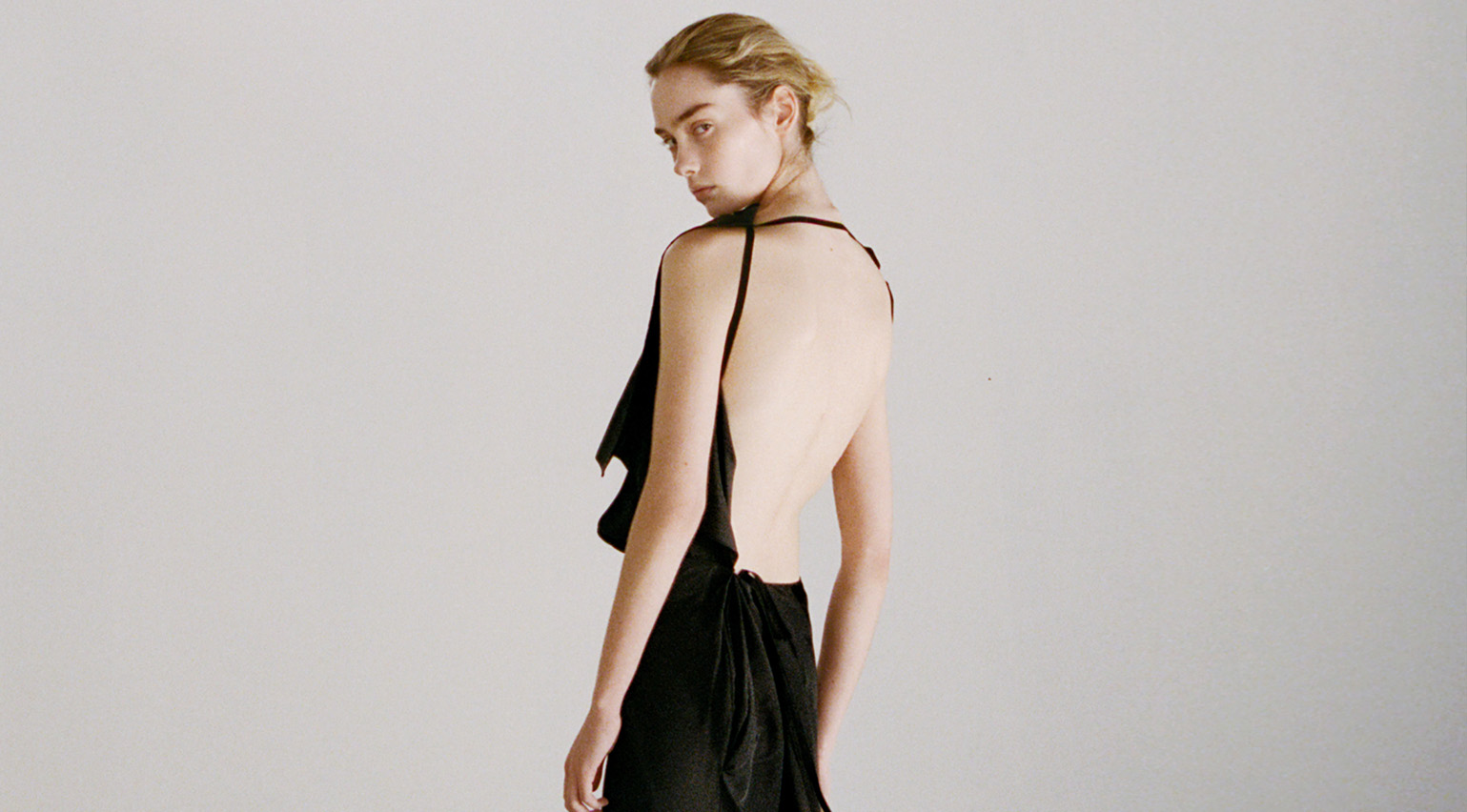 Colleen Allen’s poetic womenswear is made for the modern-day witch
Colleen Allen’s poetic womenswear is made for the modern-day witchAllen is one of New York’s brightest young fashion stars. As part of Wallpaper’s Uprising column, Orla Brennan meets the American designer to talk femininity, witchcraft and the transformative experience of dressing up
-
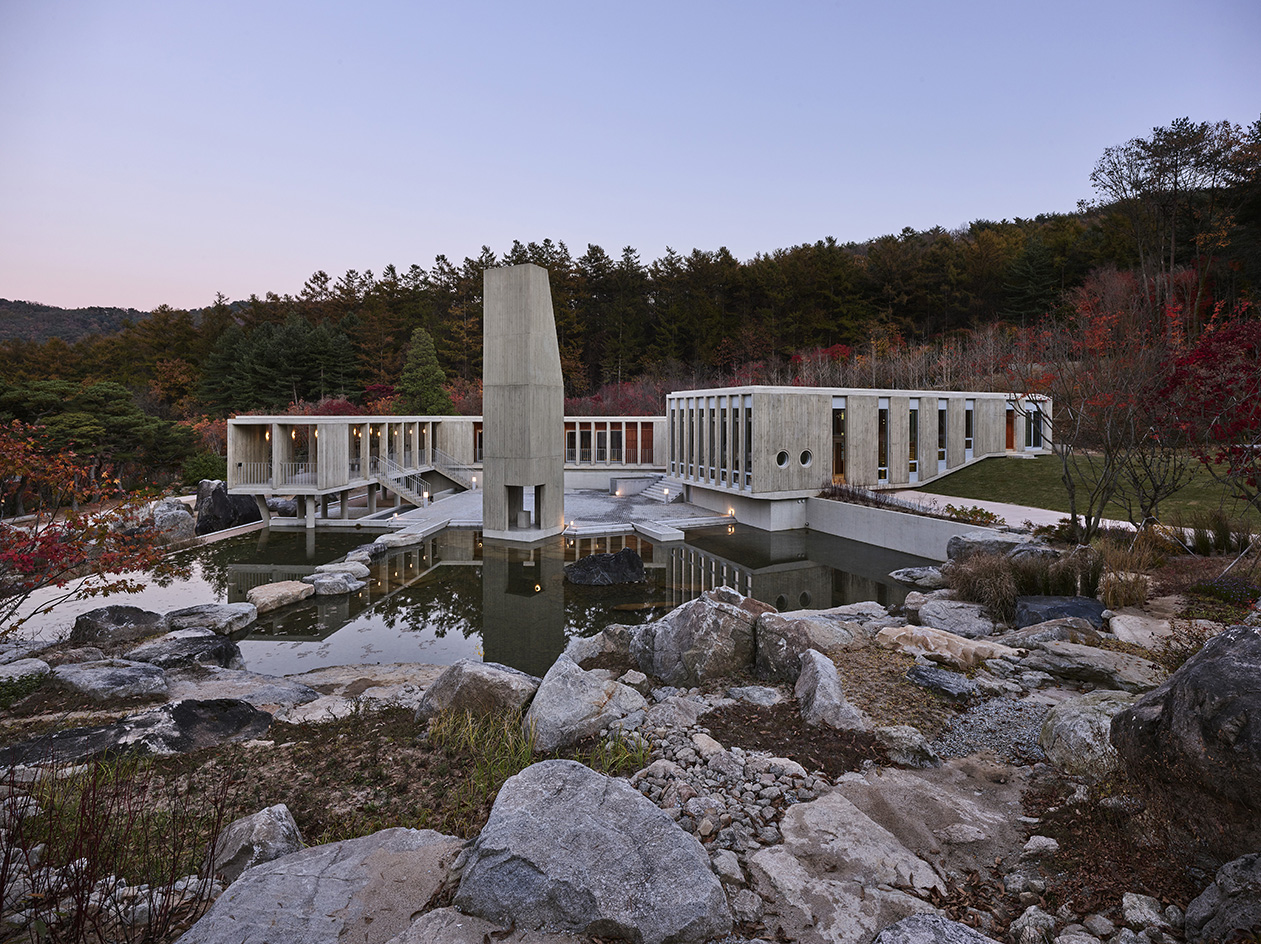 A new Korean garden reimagines tradition for the 21st century
A new Korean garden reimagines tradition for the 21st centuryThe new Médongaule Korean Gardens in Gyeonggi Province explore the country’s rich tradition; within it, the Seongok Academy Building provides a layered spatial experience drawing on heritage and a connection with nature
-
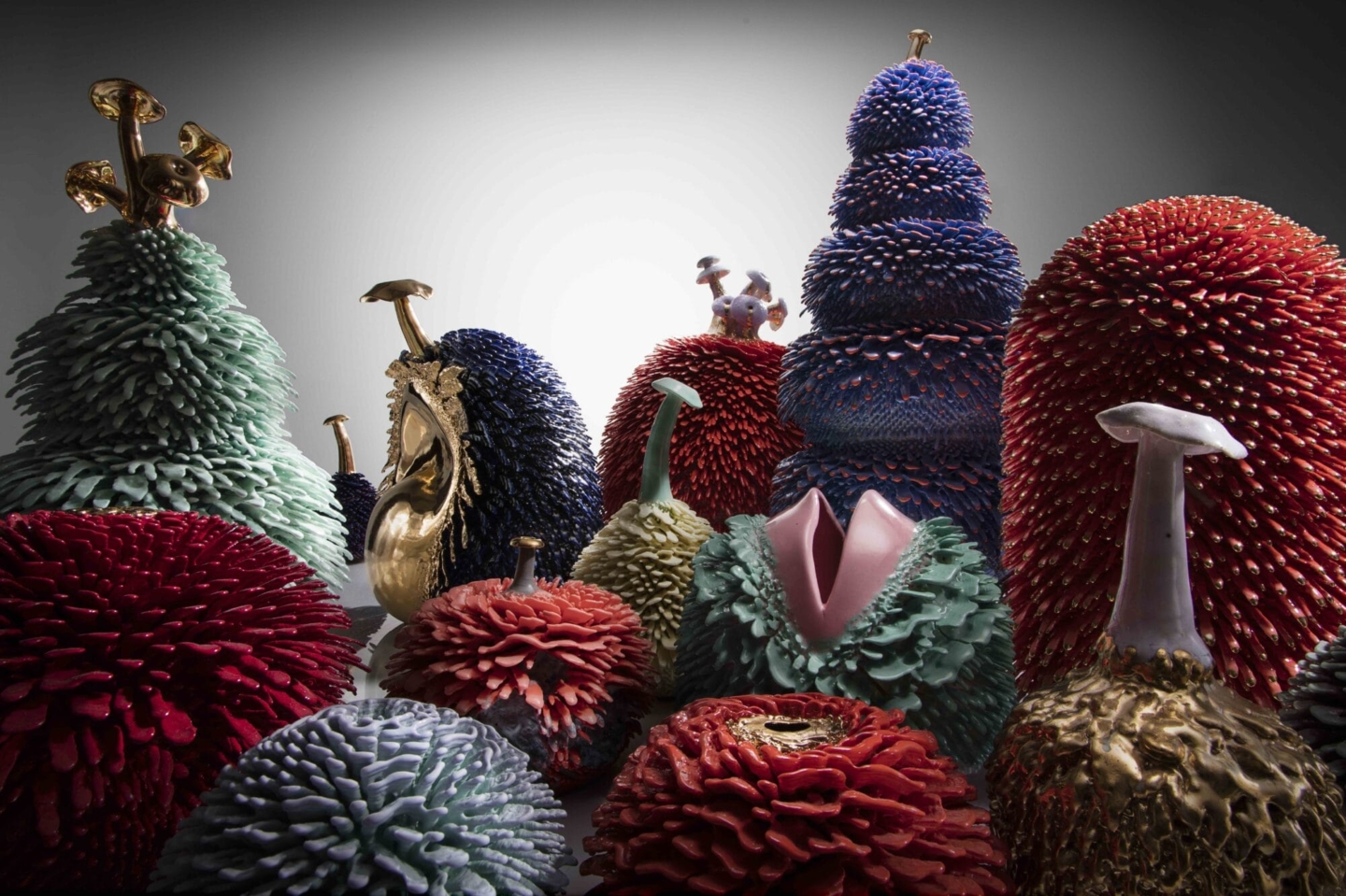 Ten out-of-this-world design exhibitions to see in 2026
Ten out-of-this-world design exhibitions to see in 2026From contemporary grandes dames to legends past, and ‘non-human’ design: here are ten design exhibitions we’re looking forward to seeing in 2026